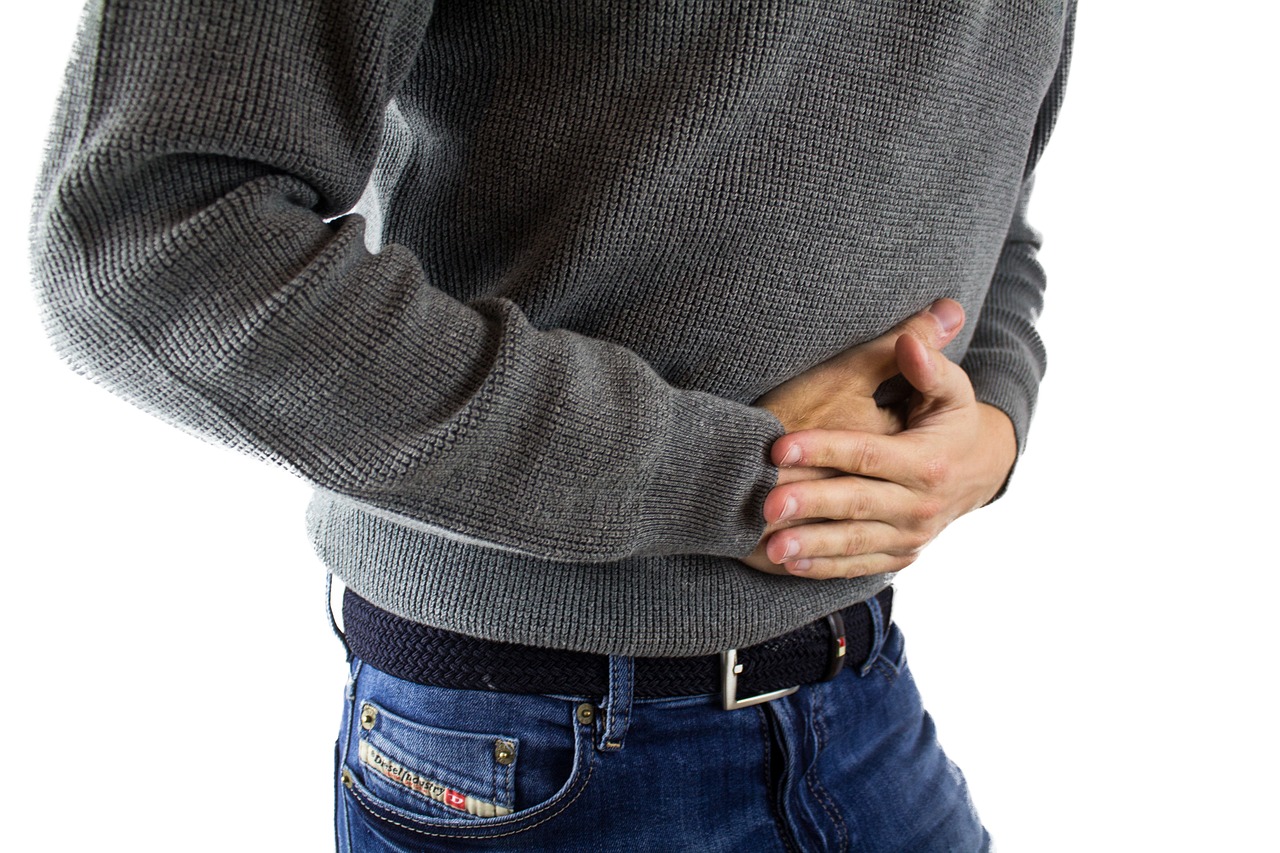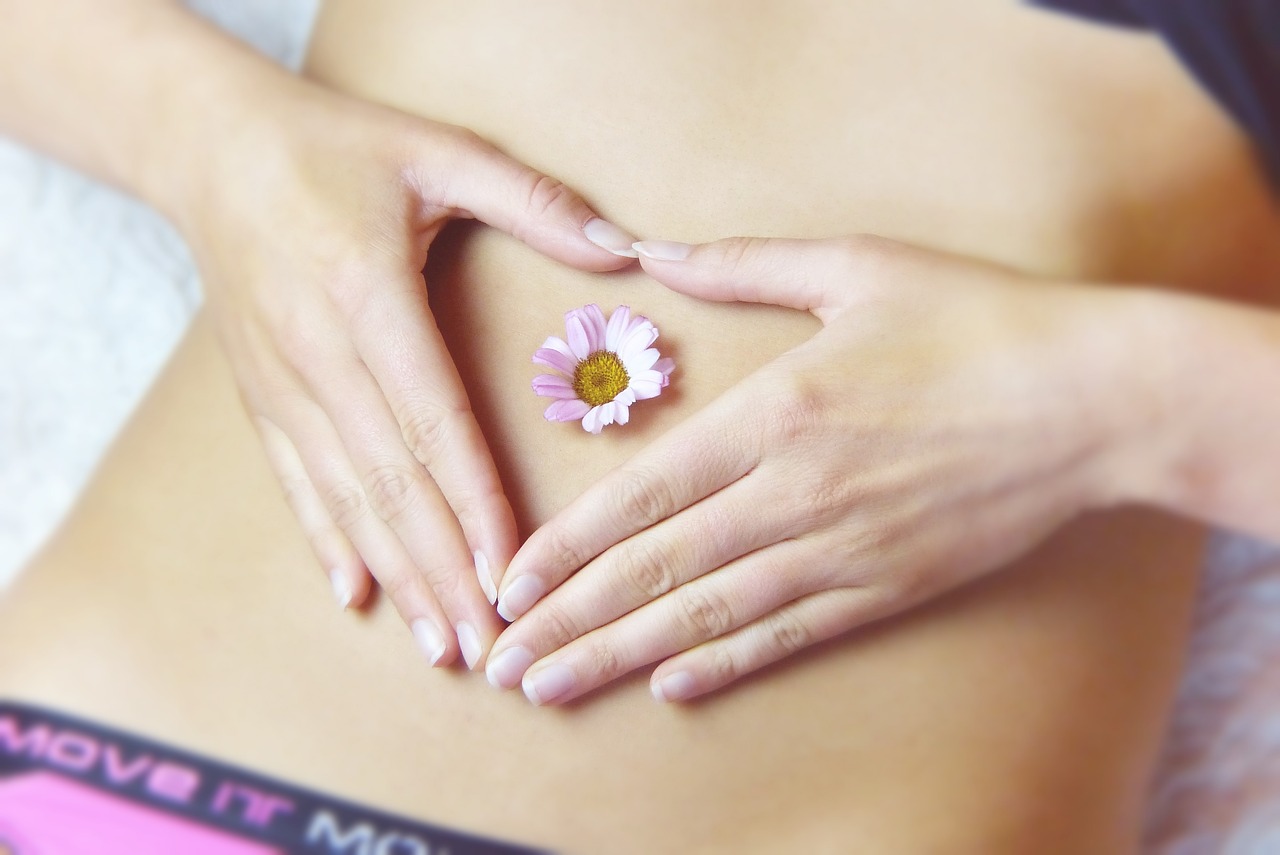Watermelon... it's a nutritiously delicious hydrating snack that is great for outdoor get-togethers, if you don't get diarrhea from it that is.
Can watermelon cause diarrhea?
The answer is yes... for some people.
The fruit has been around for thousands of years. According to watermelon.org, the first watermelon harvest ever recorded dates back about 5,000 years to ancient Egypt. And they enjoyed the food just as much as we do today... sometimes placing watermelons in burials with kings to help nourish them into the afterlife.
But... as tasty as they are... for some people eating some watermelon means diarrhea later on... and no one wants to have to deal with that.
Yes, Watermelon Can Cause Diarrhea & Here are 3 Reasons Why

#1 - Fructose Malabsorption
The first reason watermelon may lead to diarrhea, and probably the most common, is fructose malabsorption.
Fructose is a sugar that is found in many plants, but is found in the highest amounts in fruits.
Bananas, peaches, grapes, strawberries, cherries, apples, watermelon, etc... these all have fructose and all can potentially cause diarrhea.
An apple a day may keep the doctor away for some people, but for others it may give diarrhea and stomach cramping... which might send them to the doctor. The same goes for watermelon.
Fructose malabsorption (aka fructose intolerance) is when your intestines aren't able to efficiently break down fructose during digestion. The absorption of fructose usually happens in the small intestine, but when it isn't absorbed properly it can travel to the large intestine where it is then fermented by bacteria... causing bloating, cramps and potentially diarrhea.
This condition is a common symptom of other larger conditions like IBS but you can also have it on its own also.
According to SFGate you should probably avoid fruits that contain fructose as more than half of their natural sugar content, which includes watermelon.
In 100g of raw, natural watermelon there is about 6g of sugar total, of which 3.36g is fructose (source: Traditional Oven).
#2 - Lycopene Could Be The Cause
If you are a big watermelon eater then this could very well be the cause if you are not intolerant to fructose.
Watermelon is said to contain about 9-13 mg of lycopene per 1.5 cups. According to the American Cancer Society, more than 30 mg of lycopene consumed on a daily basis may be enough to cause bloating, indigestion, and diarrhea... and considering the fact that other fruits like pink grapefruit & tomatoes also have it... the amount watermelon provides could put you over the unofficial 30 mg threshold.
Lycopene is a carotenoid that is what gives tomatoes and watermelon (and others) their red color. Even if you aren't a big red fruit eater, you could be getting it from lots of other sources, like ketchup for example, which is made from tomatoes.
The potential of this substance to cause diarrhea is very understudied, but there is evidence that suggests it can, and will, if consumed in too high amounts.
#3 - High Water Content
Watermelons are about 92% water (some sources claim even higher!), which is very high and probably the reason they have the word 'water' in their name.
This is unlikely to cause diarrhea, but foods with high water content can certainly encourage bowel movements and could potentially help tip the scales a little too far in that direction.
But It's Also Good for Digestion

Yes, watermelon does have some potential to cause diarrhea. However, for the majority of people out there enjoying a nice slice of the fruit on a hot summer day isn't going to cause any harm... and can be beneficial for digestion instead.
The high water content and the fiber it provides are important for healthy digestion. They can help to prevent constipation and aren't likely to cause diarrhea.
Watermelon is far from being a 'good' source of fiber, but will give you 0.4 g per 100 g (source: USDA). This is enough to provide some benefit for proper BM's but certainly isn't so much that you should worry about it leading to diarrhea.
The Most Likely Cause
If you experience diarrhea after eating watermelon the most likely cause seems to be fructose malabsorption (#1 on the list).
And if you do have this problem then you should experience diarrhea from a range of different fruits that are high in fructose, not just watermelon alone.
If you think that watermelon is the cause, but are not quite sure, we suggest doing an elimination diet, which is something you can do on your own at home... for free.
Foods That Help Stop Diarrhea
Generally speaking, if you have the runs and want to stop this unwanted and sometimes embarrassing problem you should eat foods that are low in fiber. Watermelon falls into this category, but there are other reasons why it's not generally a good choice, such as its high fructose content for example.
Foods like white bread, pasta, and white rice are examples of good foods that aren't high in fiber and likely won't cause problems--making them good foods for stopping diarrhea.
The popular diarrhea-preventing BRAT diet says that people who have diarrhea should eat Bananas, Rice, Applesauce, and Toast. This will work for some, but as you know bananas and applesauce have a lot of fructose, which may not be suitable for everyone.
For Severe Diarrhea Sufferers
If your diarrhea is to the point where you would consider it severe we recommend getting in contact with your doctor as well as avoiding watermelon for the time being, if you do believe this to be the cause.
Additionally, it may be a smart idea to avoid foods high in fructose in general, since this is the likely root cause.


Thank you. You answered my question about drinking watermelon and diarrhea